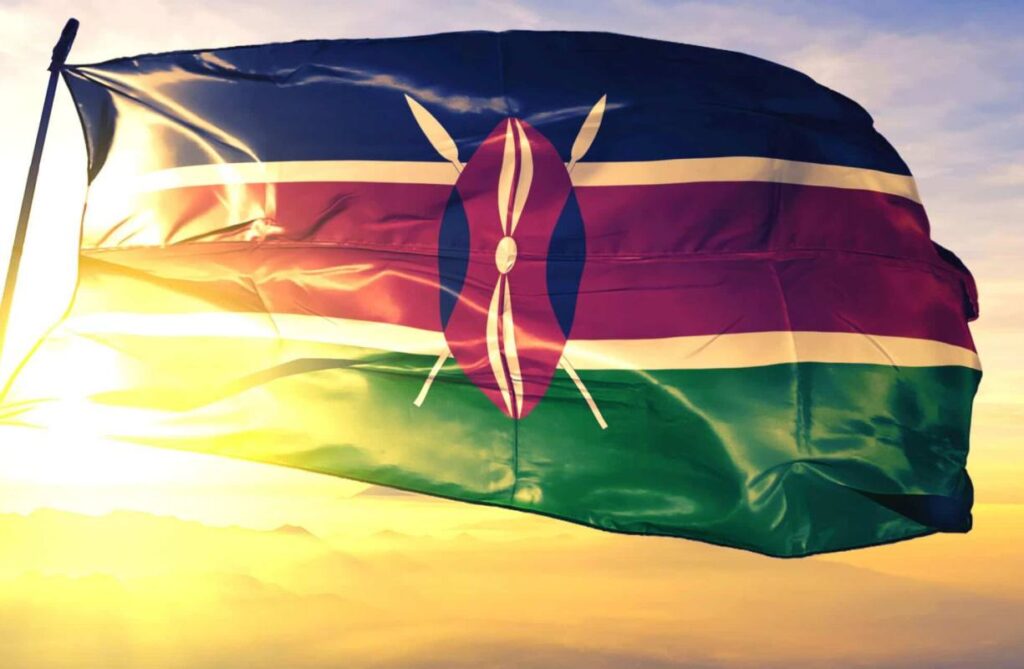One of my favorite Swahili sayings is – ibilisi wa mtu ni mtu. Roughly translated, it means that a man’s devil is the man himself. In other words, we are our own worst enemies. Keep that in mind as we take a deep, honest look at the ten years that devolution has been pulsating through Kenya.
The big question that we must ask is this – are there some devolved functions that should be handed back to the national government? In the same breath, are there national functions that should be devolved?
A report by the Intergovernmental Relations Technical Committee (IGRTC) shows that 10 years after devolution, there are functions that are still being undertaken by the Central Government. In this regard, the national government should by policy and practice enable, not stifle devolution. However, County Governments should rise to the occasion and implement all devolved functions optimally. They are not doing so in the health sector. Strike notices from health workers are commonplace. So are wanting services in County hospitals.
Many counties are perennially broke, sometimes unable to pay county staff. They often blame delayed disbursements from the national government. However, counties are falling short in generating their own revenue.
A Study by the World Bank and the Commission on Revenue Allocation (CRA) revealed that in the last financial year alone, Counties had the potential of raising Shs216 Billion. Yet they raised only Shs40 billion!
Currently, Counties raise revenue through several means that include Land and property rates; Parking fees; Market fees; Lease rents; Hospital charges and single business permits. Clearly, County governments should expand their revenue collection basket. They can do these by implementing several interventions.
Primarily, Counties must fully digitize revenue collection. Reduced human interaction during revenue collection drives down corruption. Furthermore, according to the World Bank, Countries collecting less than 15% of GDP in taxes must increase their revenue collection to meet basic needs of citizens and businesses. The same is true for counties. Unless they raise their revenue collection threshold, they will continue falling short in service delivery.
Furthermore, Counties must urgently revise their current valuation roll which is ostensibly based on very old rates and values. That’s symptomatic of outdated policies that work against county growth. For instance, it is possible that a building hosting a five start hotel located at the Nairobi City Centre is based on a valuation roll that was set in 1980’s which leads to collection of extremely low rates. In the same vein counties need to keep an updated database of all revenue streams and legislate the same to ensure a scientific approach to revenue collection.
Despite these challenges, evidence on the ground proves that devolution is working.
As a case in point, the Nyeri County Government boosted a farmer’s cooperative’s operating capital with a Shs20 million grant. The Cooperative society located in Mukurweini then actualized their dream by contributing a further 29 million towards equipping a milk value chain. Consequently, they are now employing 400 people and pumping ksh70 million into the local economy every month.
In Makueni the County Government has set up Early Childhood centers across the county. This massive investment into children will pay dividends for years to come. In Samburu, the County Government has established One stop Centers for mother and child where expectant mothers can move into a holding house days ahead of their giving birth. This is lowering maternal mortality rate, thus saving lives of both mothers and infants.
Moving forward, Counties must modernize agriculture because it remains the mainstay of Kenya’s economy. Even more interestingly is the in-depth focus on blue and green economy that surrounds us whose immense wealth is mind boggling.
In the final analysis, devolution in Kenya will only work if we the people make it work. Back to the Swahili proverb we started with, one sure way of being our own worst enemy in devolution matters, is to devolve corruption. Let’s firmly attack corruption because it is our worst enemy. Think green, act green!



